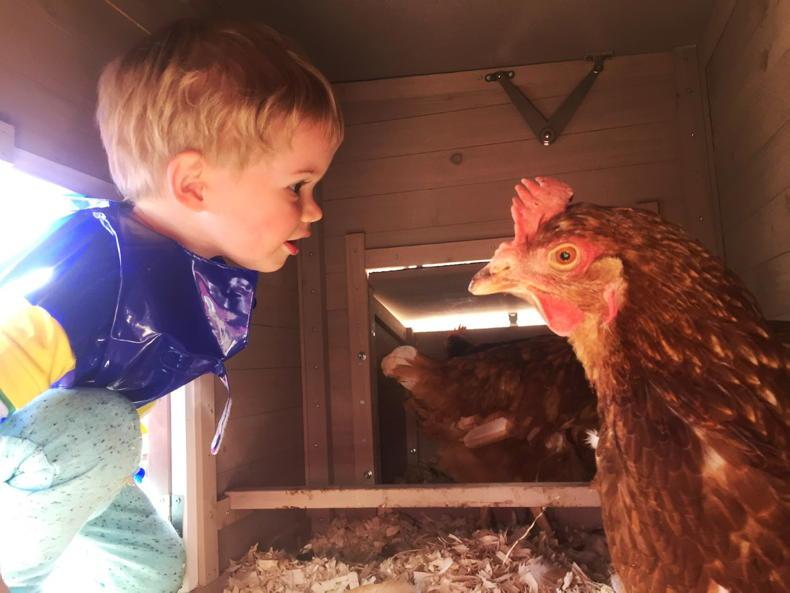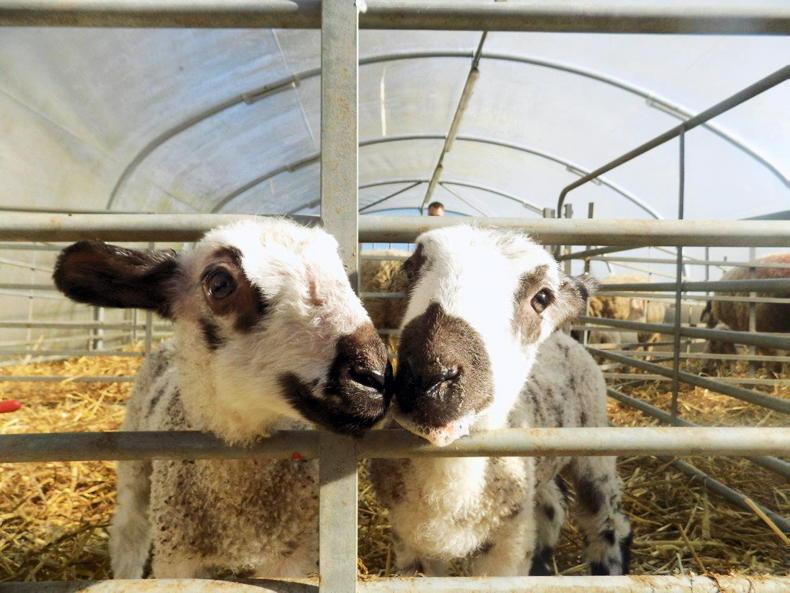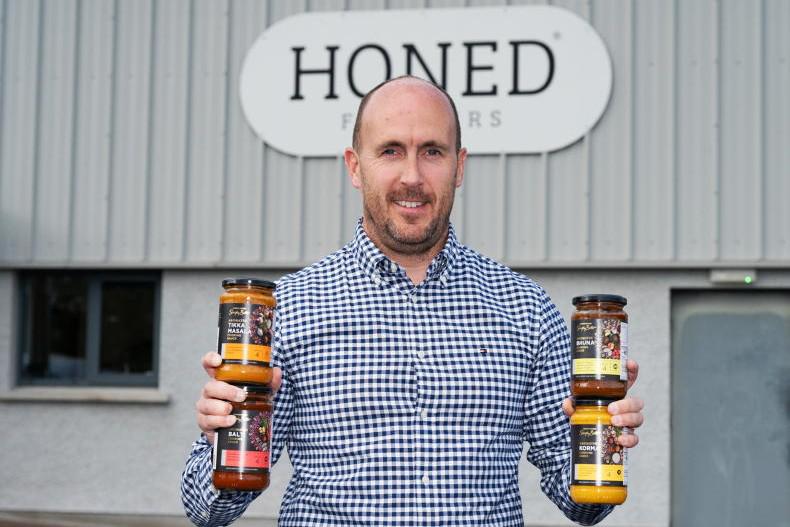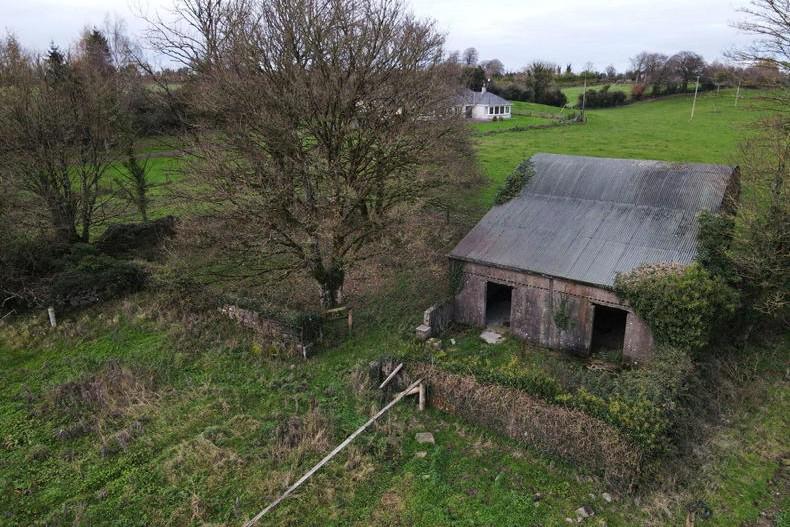We were delighted to receive this update – and some adorable photographs – from Hydebank Wood secure college in Belfast, whose agricultural rehabilitation programme we featured last year.
Hi Janine,
Please see attached all of our new lambs this year. We are waiting on a set of twins and a ewe that wasn’t clear on a scan so could be one, two or three. We have gone with flower themes so far: we have four little girls, Daisy, Poppy, Lily and Rose and for two wee boys, Elder(flower) and Sweet William. They are all a mix of Blue Faced and Border Leicesters.

It is very difficult to work efficiently if you are feeling cold yourself. The quickest way to get warm is through physical activity. It needs to be strenuous to get your heart pumping faster. That will increase your core temperature and you will feel better.
A few quick jumping jacks will generate heat quickly. Always wear dry clothes. Fingers get cold quite easily. Put them under your armpits for a few minutes to warm up. We lose a lot of heat through our heads and necks so the woolly hat and neck gaiters are necessary for keeping warm. Woolly socks help to keep toes from feeling numb and layering is the best method of trapping heat. Three long-sleeved light tops are far better than one thick jumper. Also, try to keep the amount you wear consistent to avoid getting a chill. A good waterproof outer layer is all important for the wet weather. Send on your own good tips for sharing please to kkoleary@gmail.com
The father is 88 , last week a couple of his friends came to visit him. When it was time to feed calves he turned the telly on for them and told him he would be back in an hour.????
— willy ledger (@willy_ledger) March 17, 2022
100 – The number of pheasants – spread over three pens – that will be established on the Mount Juliet Estate in 2022 as part of its rewilding programme
Look out for the last of the ivy berries which are a valuable food source for birds such as blackbirds and thrushes in late winter when food can be scarce particularly in bad weather.
The berries remain green, hard and inedible until late winter when they turn black and ripen.
Ivy has two stages. In its climbing stage, the leaves are lobed and the stems have a mat of tufted fibres to cling on to surfaces of walls or trees.
When it reaches a point of a certain light intensity, it produces erect bushy stem and changes to simple, unlobed leaves. The flowers in late autumn develop into these black berries – part of our native biodiversity!
Bridget Gorman-Geoghegan on the human rights impact of fast fashion:
There’s huge issues in it, whether it’s
child labour or discrimination against
women because it’s mainly women who work in these factories. It really opened my eyes to a lot of what is going on – and then you see on Instagram everybody is doing ‘hauls’… it’s just the whole consumer mentality









SHARING OPTIONS